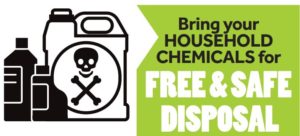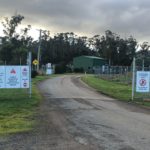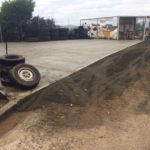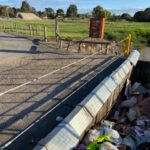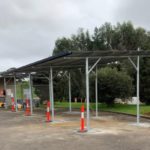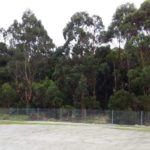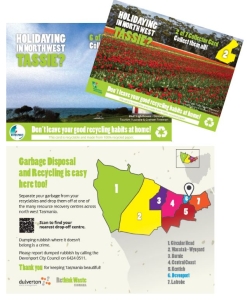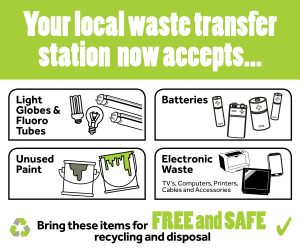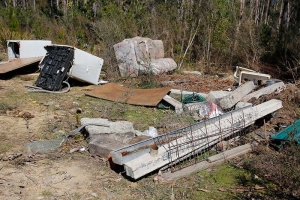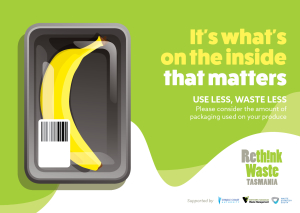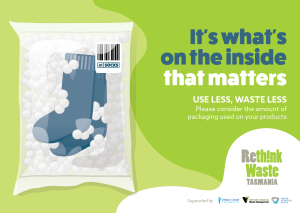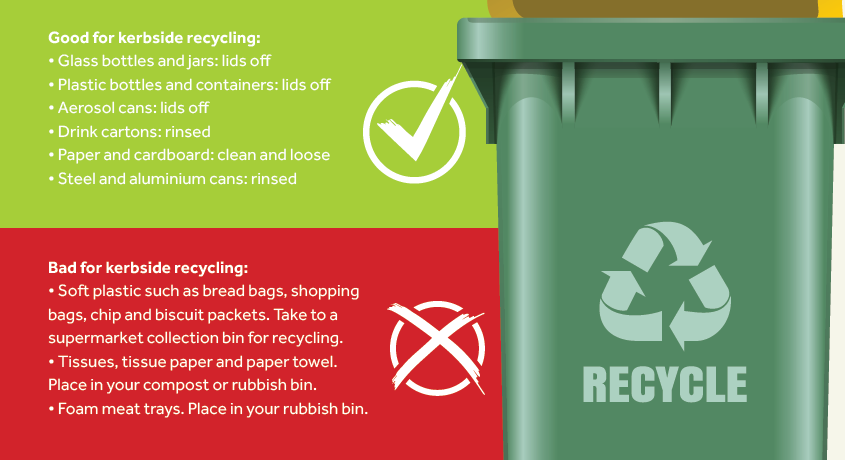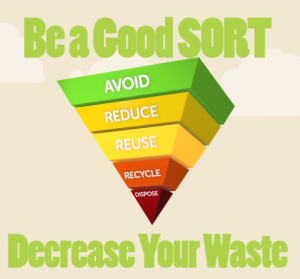Any project should be listed under this category
North West TAS: Clean out those unwanted household chemicals!
Household Hazardous Waste: free drop-off events
If you live in the Burnie, Central Coast, Circular Head, Devonport, Kentish, Latrobe, or Waratah-Wynyard council areas and you’ve got old or unwanted household and garden chemicals stored at home, now is the time to safely send them on their way.
FREE drop-off events are taking place at four locations across the region on Saturday 17th April and Sunday 18th April 2021.
Clean out those cupboards and sheds and bring any of these items along for safe disposal:
- Solvents and household cleaners
- Floor care products
- Ammonia-based cleaners
- Pesticides and herbicides
- Poisons
- Pool chemicals
- Hobby chemicals
- Acids and alkalis
Pack items in a sturdy box for transport in the boot of your car or ute tray. Make sure individual containers are no larger than 20 kilograms or 20 litres in size.
NOTE: the following items are NOT included in this free special service – motor oil, asbestos, pharmaceuticals, farm vet chemicals, fire extinguishers, ammunition and explosives, and chemicals from commercial businesses. Contact your council for disposal advice for these items.
> > For safety reasons, no early or late drop-offs will be accepted. Talk with your neighbours or friends to arrange shared delivery if you are unable to make it at the specified times.
Saturday 17 April 2021
10.00am – 2.00pm
Burnie Waste Management Centre
289 Mooreville Road, Burnie
AND
10.00am – 3.00pm
White Hills Waste Transfer Station
22475 Bass Highway, Smithton
Sunday 18 April 2021
11.00am – 3.00pm
Devonport Waste Transfer Station
Bay Drive, off Mersey Road, Spreyton
AND
12.00pm – 4.00pm
Sheffield Waste Transfer Station
Sheffield Main Road, Sheffield
No registrations are required. Simply visit any of the sites with your items for disposal between the times shown. Choose the site and times most convenient for you.
Thank you for being a good sort and helping to keep hazardous waste out of landfill and kerbside recycling.
These Household Hazardous Waste events are supported by the Cradle Coast Waste Management Group waste levy.

